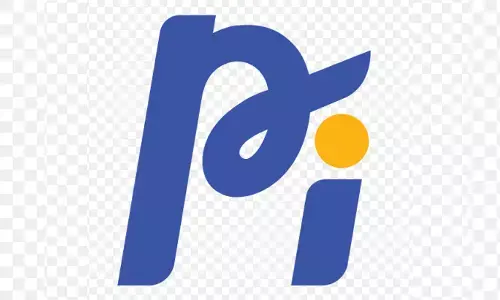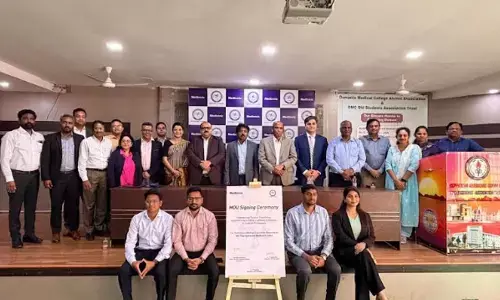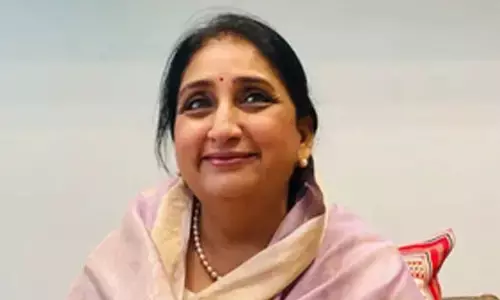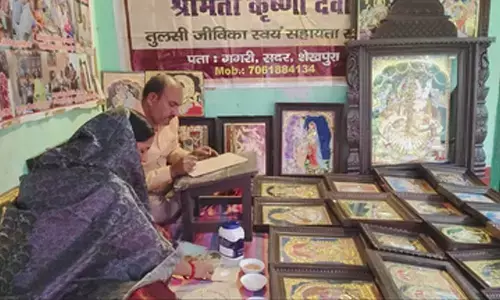Javadekar has his work cut out for him
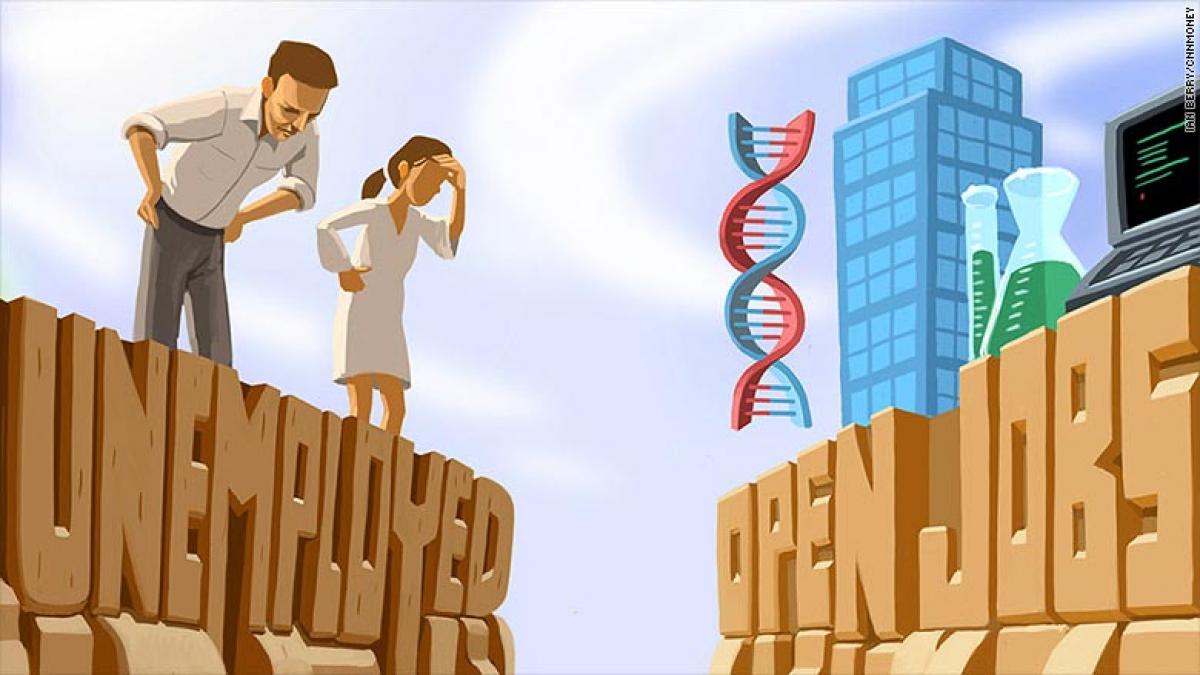
The corridors of power were agog with talk of Prime Minister Modi losing the support of academicians if Irani was allowed to continue. With Prakash Javadekar being anointed to head HRD, kudos to the Prime Minister for finally taking the right decision.
Better late than never. The removal of HRD Minister Smriti Irani was a much delayed decision as many educationists across the country were upset with her style of functioning.
The corridors of power were agog with talk of Prime Minister Modi losing the support of academicians if Irani was allowed to continue. With Prakash Javadekar being anointed to head HRD, kudos to the Prime Minister for finally taking the right decision.
Notably, in this milieu Irani should have abstained from interfering in matters of running universities and instead accommodated the views of academicians and experts as much as possible. On the contrary, the dominant personality that Irani has tried to impose her views in various matters, that too in an impolite manner.
This created many misunderstandings between her whereby a section of academicians were reluctant to work with the Minister. Add to this, the JNU crisis brought a bad name to the NDA Government as eminent scholars in many international institutions started feeling that the Administration was trying to throttle the voice of this premier university.
Further, some of the appointments have sparked controversy in recent months. For example, while appointing directors in Patna, Bhubaneswar and Ropar universities the Ministry over-ruled the recommendations of a search panel and invited all the short-listed candidates for repeat interviews.
While Bombay IIT’s head Kakodkar complained of being humiliated by Irani over the selection of these candidates, another eminent academic Ramachandra Guha told NDTV that she ill-treated the academic and scientific community.
Besides, granting autonomy to universities which is the practice in renowned institutions in the West and being strongly advocated in India for upgrading educational standards, perhaps did not find favour with Irani. Worse, she reportedly had differences with the PM’s Office on this issue.
Pertinently, the new HRD Minister Javadekar is unlike his predecessor and shies away from publicity. One hopes he soon examines the Subramanian report and brings about the much-needed reforms in the educational sector. Alongside boost the image of our institutions with the cooperation of academicians.
Importantly, the main challenge before the nation at this juncture is to improve the quality of education, especially in the realm of higher education. This needs to be broad-based and extend to all universities, especially in rural and semi-urban areas so that all sections of society get quality education.
Moreover, these institutions should start courses which are in demand to meet market expectations. This should include inducting the necessary faculty to cater to the students requirements. Simultaneously, physical infrastructure needs to be improved to make these institutions of learning worthwhile.
Undoubtedly, an institution’s autonomy is a justified demand wherein academicians should have the final say in most matters, be it changes in syllabus or starting new courses. Also, along-with autonomy there is need to promote innovation.
Asserted Javedkar at a conference recently: “We lack innovation because we do not allow questioning and inquisitiveness”, thereby hinting at the need for discussion and debate. Towards that end he has promised holding campus dialogue.
This is not all. The HRD Ministry plans to launch a Massive Open Online Course to be inaugurated on the Independence Day and 32 direct-to-home (DTH) education channels. It also plans to start the IIT-PAL (Professor Assisted Learning), a scheme providing online coaching by IIT teachers to those hoping to crack the Joint Entrance Examination.
There is no gainsaying these measures are very important as students from different regions, in rural a semi-urban areas of the country would be benefitted.
Especially against the backdrop that higher education is beyond the reach of three-quarters of India’s school going youth. This, according to experts, should be the area of focus of the HRD Minister, be it institutions in metros, district and sub-divisional towns.
Clearly, the Congress accusation against the BJP Minister of “saffronisation” of education in the country should not be allowed to invade the academic atmosphere. Indeed, if Javadekar is serious about autonomy, this certainly will not happen.
All in all, a big challenge awaits Javadekar. As the National Policy on Education Report 2016 rightly points the Indian education system is in a state of ‘disarray.’
With his diligence and pragmatism, the Minister has to tackle challenging issues of poor standards, teacher indifference, lack of sincerity, pedagogic shortcomings and dysfunctional deficiencies.
By:Dhurjati Mukherjee










